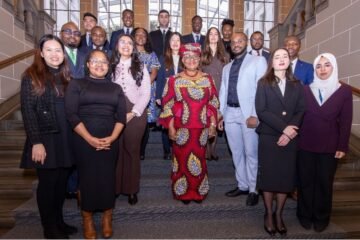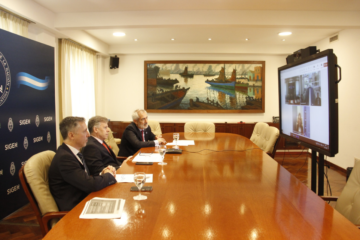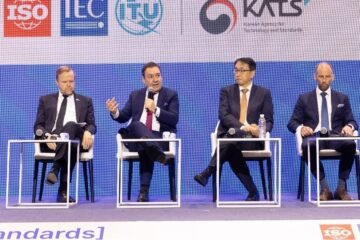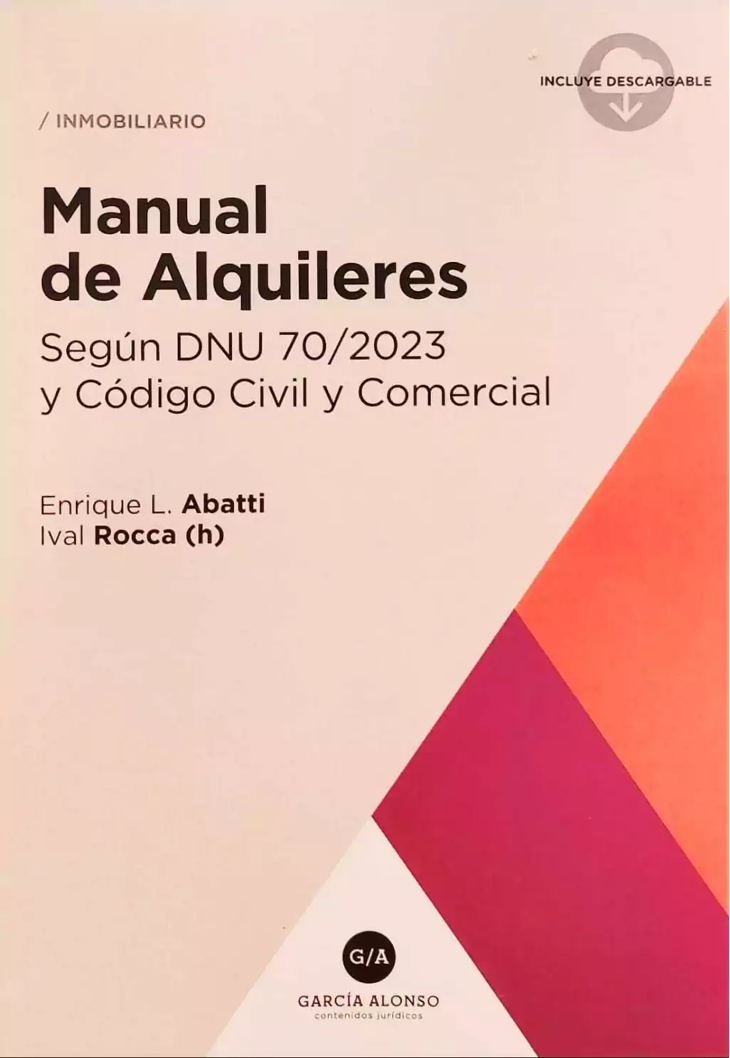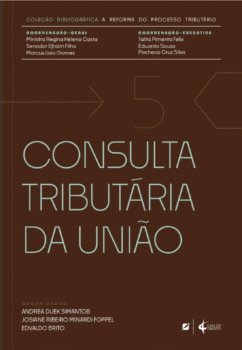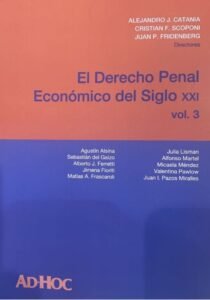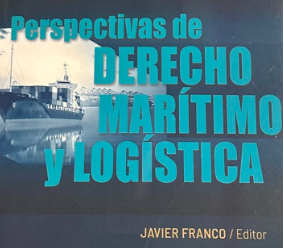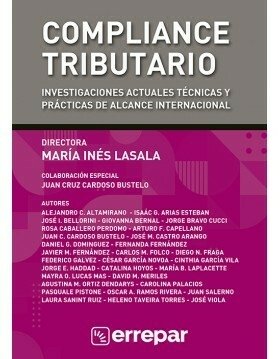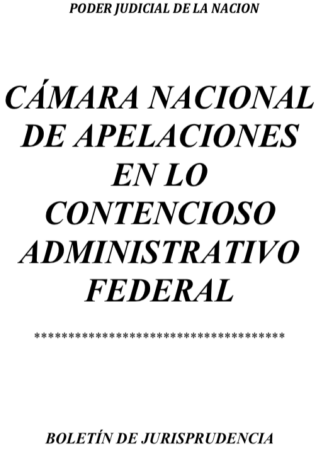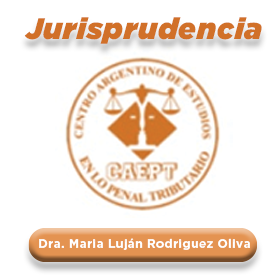OMC – Los Miembros intercambian experiencias y prácticas en materia de valoración en aduanas
Los Miembros intercambiaron experiencias y prácticas en materia de valoración en aduanas desde que comenzó la pandemia de COVID-19 en 2020. En una reunión del Comité de Valoración en Aduana celebrada el 24 de mayo, los delegados también examinaron la legislación nacional en materia de valoración en aduana notificada por más de 30 Miembros y acordaron prorrogar el período de prueba de la plataforma eAgenda, que se prevé facilitará la labor del Comité.
With a view to promoting transparency and the sharing of best practices, capital-based delegates from three members — China, Ecuador and India — explained ways they had addressed opportunities and challenges regarding implementation of the Customs Valuation Agreement in recent years.
The Customs Valuation Agreement is intended to provide a single system that is fair, uniform and neutral for the valuation of imported goods for customs purposes, with the objective of conforming to commercial realities and outlawing the use of arbitrary or fictitious customs values. The Agreement recognizes that customs valuation should, as far as possible, be based on the actual price of the goods to be valued.
China reported on recent developments in its customs valuation control programme while Ecuador outlined the tools it has used to increase efficiency in its customs administration’s revenue collection. India stressed the importance of strengthening valuation infrastructure by leveraging technology. Members expressed their appreciation for the useful nature of the information provided.
Members were also provided with information by the secretariats of the WTO and the World Customs Organization (WCO) on their activities so that delegates could get a better understanding of how both organizations interact and collaborate.
Transparency
The Chair of the Committee, Frank Rittner of Germany, shared the current notification status regarding members’ customs valuation legislation as contained in document G/VAL/W/232/Rev.17. Since the last Committee meeting, Botswana, Norway and the United Arab Emirates have submitted new or updated notifications regarding their legislation. The Committee also continued its active consideration of issues relating to the legislation of more than 30 members.
Under Article 22 of the Customs Valuation Agreement and the Decision on “Notification and circulation of national legislation in accordance with Article 22 of the Agreement”, members must submit the complete texts of their national legislation on customs valuation in one of the three official WTO languages. They should also inform the Committee of any changes in their laws and regulations relevant to the Agreement and in the administration of such laws and regulations.
The Chair noted that to date, 111 members have notified their national legislation on customs valuation and 78 members have provided responses to a checklist of issues. He thanked delegations that engaged with him on securing responses to outstanding questions.
eAgenda
Members agreed to extend the use of the eAgenda tool for the work of the Committee on a trial basis. The Chair encouraged members to leverage the experience gained with the platform over the past few months in the run-up to the Committee meeting and to continue using the tool in order to take a decision going forward.
While acknowledging that eAgenda has proven to be useful in the work of other committees and councils, members considered that additional time was necessary to ascertain how certain aspects of the platform could be best adapted to the Committee’s work.
Preshipment inspection
Under the standing agenda item of preshipment inspection (PSI), the Chair drew members’ attention to the compilation of notifications under Article 5 of the Agreement on Preshipment Inspection. The current status of all PSI notifications is contained in G/PSI/N/1/Rev.5 together with several addenda, which reflect notifications from Botswana, the United Kingdom and Niger.
The Chair noted that at the next meeting of the Committee in the second half of the year members will launch the next triennial review of the Agreement, as required under Article 6.



